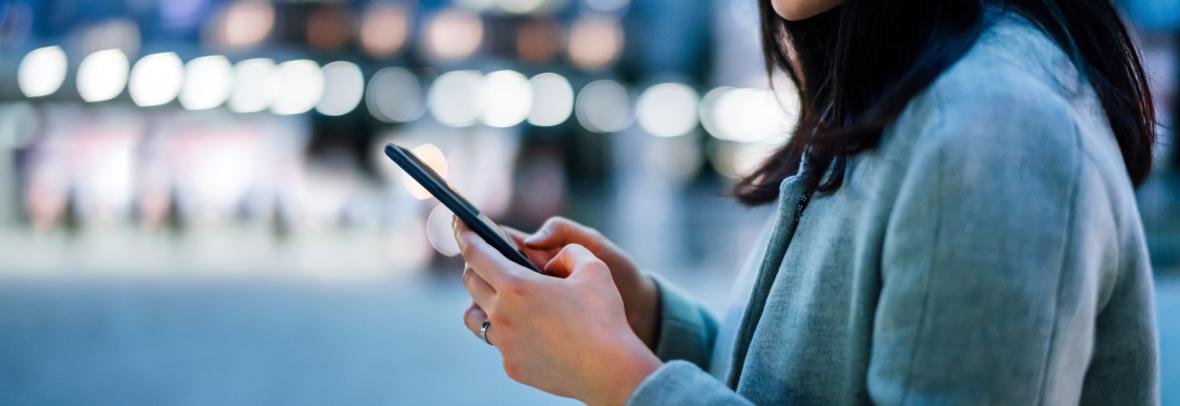
Floridians – especially those in hurricane-ravaged SW Fla. – have a lot to deal with. If someone feels stressed, depressed, confused or even suicidal, help is available.
TALLAHASSEE, Fla. – People focused on disaster cleanup, insurance claims, FEMA aid, flood insurance problems and everyday basics, such as clean water, electricity and internet, have a lot on their plate. For some, it’s too much to handle.
As Florida works to clean up from Hurricane Ian, survivors often feel that it’s difficult to stay on top of things that are largely out of their control. There is help.
“Floridians in Southwest Florida have weathered the storm but will continue to encounter unseen challenges on the road to recovery,” says First Lady Casey DeSantis. “We are building a network of support for these individuals to connect them with mental health experts and Floridians who have been in their shoes to foster meaningful conversations. Through the Family Support Line, the partnership with BetterHelp and resources provided by the State Disaster Recovery Mental Health Coordinator, we are creating opportunities for people to receive support.”
Finding support
The Florida Department of Children and Families (DCF) launched the Family Support Line, which connects individuals and families who were impacted by Hurricane Ian with people who went through this before – those who were impacted and recovered after Hurricane Michael. Some volunteers from the Panhandle will talk about their personal experiences to provide support, advice and a helping hand to victims of Hurricane Ian. They’ll also help direct Hurricane Ian survivors to resources available at the state, federal and local level, including information about bridge loans, roof repair, disaster unemployment assistance and disaster SNAP benefits. Family Support Line: l (888) 850-SWFL.
The Florida Department of Health (DOH) and DCF partnered with BetterHelp to offer three months of free online therapy to people impacted by Hurricane Ian. To access the free services, Floridians can visit betterhelp.com/voucher (Use code: HurricaneIan). BetterHelp will ask visitors to fill out a questionnaire to help them match people with a licensed mental health professional.
In addition to Hurricane Ian-specific aid, all Floridians can find a variety of mental health resources gathered by State Disaster Recovery Mental Health Coordinator Sara Newhouse at Florida’s Disaster Mental Health Resources webpage. On the page is a survey to help provide targeted mental health assistance to first responders who stepped up to serve on the front lines even if their own home was damaged in the path of Hurricane Ian.
“Mental health support should always be a major priority following a disaster, and you are not alone if you are feeling the weight of this tragedy,” says Dr. Kenneth Scheppke, DOH Deputy Secretary for Health. “There can be a drastic increase in post-traumatic stress disorder and other negative mental health impacts to public following a disaster. Florida wants to make sure survivors of Ian have readily available access to mental health resources at no cost.”
If you or someone you know is thinking about suicide, call 988 to be connected to the National Suicide Hotline. If you are experiencing or see a life-threatening emergency, please call 911.
© 2022 Florida Realtors®
Go to Source
Author: kerrys



